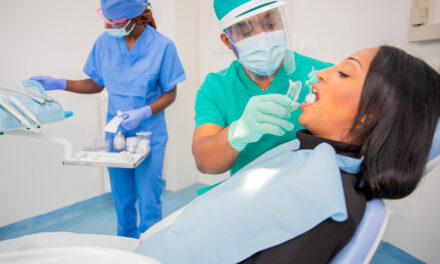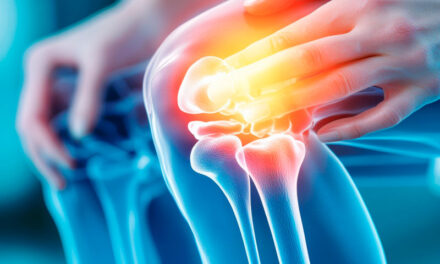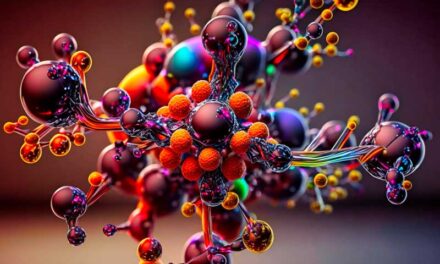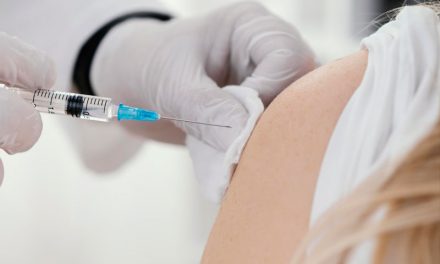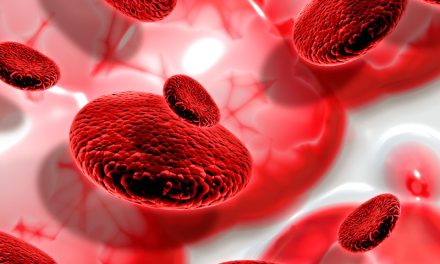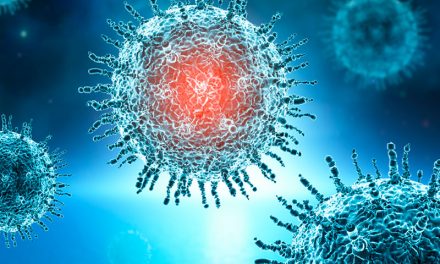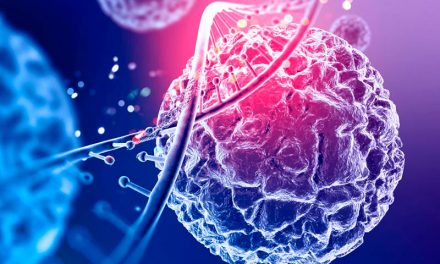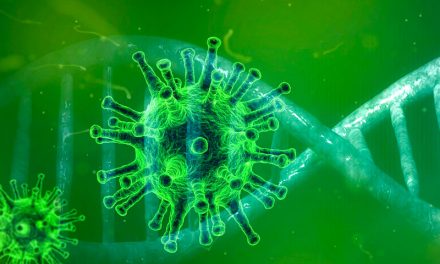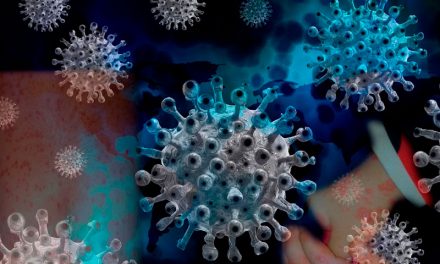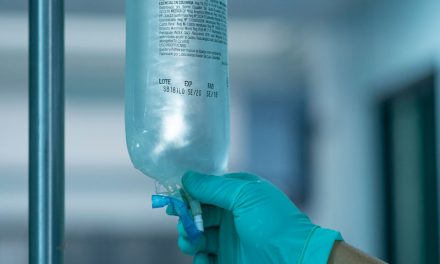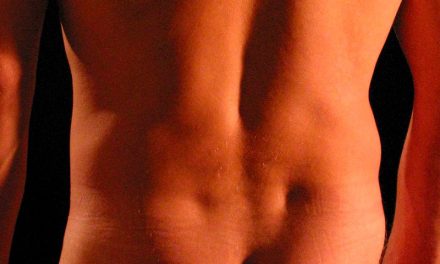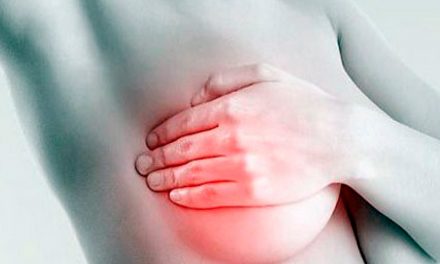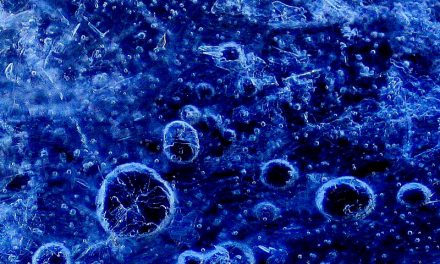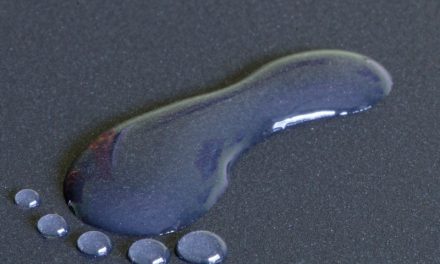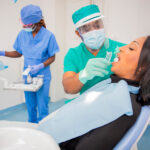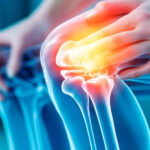Original paper
Author
Menassa de Lucia, Alejandra, M.D.
Abstract
Premenstrual syndrome (PMS) can affect from 12% to 30% of the female population of childbearing age. It can cause incapacity, an increased risk of suicide and end up with a hysterectomy. There is no truly effective conventional treatment. The non-steroidal anti-inflammatory drugs, oral contraceptives, and serotonin reuptake inhibitors that are used have side effects that are not well tolerated and are symptomatic treatments. Finding a causal, less iatrogenic and more effective treatment is a priority. We assume that PMS is a pathology that begins in a uterine infectious / inflammatory process. Hence, the objective is to evaluate the potential efficacy of ozone in its approach, given its germicidal and anti-inflammatory activity.
The patients were recruited from those who attended the CMI for SPM, between October 2018 and August 2019. With an n = 5. Prostaglandin E2 (PGE2) and arachidonic acid (AA) were measured in the uterus, intestinal pathogens (gram negative and Candida) and sexually transmitted germs (Clamydia, Ureaplasma, HPV), in the cervix and endometrium, by medtronic bio-resonance methods, at the beginning, middle and end of treatment. Rectal ozone, AHTM, intrauterine and intracervical techniques were combined in the treatment. Also, anti-inflammatory diet and nutritional supplementation.
Measurement of PGE2 and AA in uterus decreased in 100% of patients, indicating reduction of inflammation, with clinical improvement. The intestinal pathogens found in the genital apparatus: Candida and gram negative, were also reduced. Ozone therapy reduces uterine inflammation and the presence of germs in patients with premenstrual syndrome. Additional clinical trials are needed.
This post is also available in:  Español (Spanish)
Español (Spanish)

